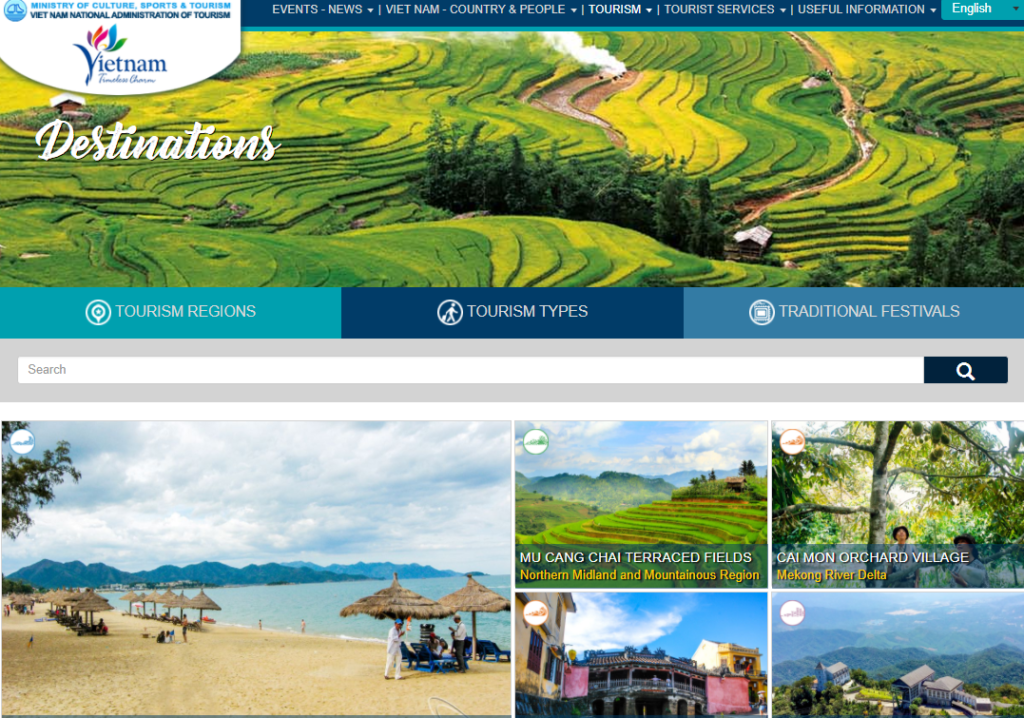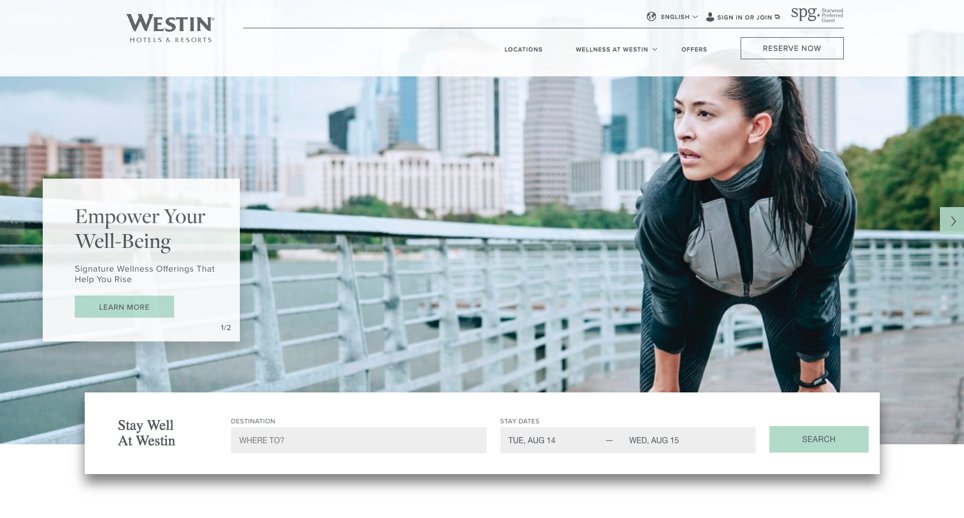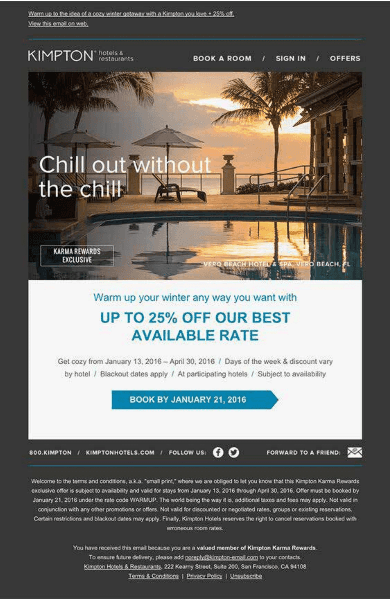In the competitive tourism industry, effective destination marketing is crucial for attracting visitors and promoting a destination’s unique offerings. One powerful strategy to amplify destination marketing efforts is by partnering with travel agencies. Travel agencies serve as intermediaries between travelers and destinations, possessing valuable insights, resources, and networks to reach a wide audience of potential visitors. Collaborating with travel agencies can enhance destination visibility, expand promotional reach, and drive tourism growth. In this article, we will explore the benefits and best practices of partnering with travel agencies for destination marketing campaigns. From selecting the right agency to creating compelling marketing materials, we will guide you through the process of leveraging travel agency partnerships to boost your destination’s appeal and attract more visitors.

I. Understanding the Power of Travel Agency Partnerships
- Extensive Reach and Networks: Travel agencies have established networks and connections with various tourism stakeholders, including airlines, hotels, and tour operators. Partnering with them enables destinations to tap into these networks and reach a broader audience.
- Expertise and Insights: Travel agencies possess extensive knowledge of market trends, traveler preferences, and booking behaviors. Leveraging their expertise can help destinations better understand their target markets and tailor marketing campaigns accordingly.
II. Choosing the Right Travel Agency Partner

- Alignment with Target Markets: Select travel agencies that cater to your destination’s target markets. Consider their specialization, clientele demographics, and geographic focus to ensure alignment with your target audience.
- Reputation and Track Record: Evaluate the reputation and track record of potential travel agency partners. Look for agencies with a proven history of successful destination marketing campaigns and positive reviews from both travelers and industry peers.
III. Collaborating on Marketing Strategies
- Joint Marketing Campaigns: Collaborate with travel agencies to develop joint marketing campaigns that highlight the unique attractions and experiences your destination offers. Align campaign messaging and visuals to create a cohesive and compelling narrative.
- Customized Marketing Materials: Provide travel agencies with high-quality marketing materials, such as brochures, videos, and images, that showcase the destination’s key selling points. Ensure these materials are tailored to the agency’s target market and meet their specific promotional needs.
IV. Training and Education
- Familiarization Trips: Organize familiarization trips, also known as FAM trips, to allow travel agents to experience the destination firsthand. These trips provide valuable insights and firsthand knowledge that travel agents can share with their clients.
- Training Programs: Conduct training programs or webinars to educate travel agency staff about the destination’s unique features, attractions, and upcoming events. Equip them with the necessary knowledge and resources to effectively promote the destination.

V. Offering Incentives and Support
- Commission Structures: Develop attractive commission structures to incentivize travel agencies to promote your destination. Offering competitive commission rates or additional incentives can motivate agents to prioritize your destination in their recommendations
- Support and Collaboration: Maintain regular communication and provide ongoing support to travel agencies. Collaborate on marketing strategies, offer assistance with itinerary planning, and provide access to promotional materials to facilitate their promotional efforts.
VI. Tracking and Evaluating Performance
- Monitoring Bookings and Enquiries: Track bookings and enquiries generated through travel agency partnerships to gauge the effectiveness of your destination marketing campaigns. Monitor key performance indicators such as bookings, website traffic, and conversion rates.
- Gathering Feedback: Seek feedback from travel agencies to gain insights into their experiences promoting your destination. Understand their challenges, collect suggestions, and continuously improve the partnership based on their feedback.
In conclusion, partnering with travel agencies for destination marketing campaigns can significantly enhance the visibility and appeal of your destination. Here are the key points to remember:
- Travel agencies offer extensive reach and networks, as well as valuable expertise and insights.
- Choose travel agency partners that align with your target markets and have a proven track record.
- Collaborate on joint marketing campaigns and provide customized marketing materials.
- Conduct familiarization trips and training programs to educate travel agency staff about your destination.
- Offer incentives, support, and collaboration to foster strong partnerships.
- Track performance and gather feedback to evaluate the effectiveness of your marketing efforts.
If you need assistance in partnering with travel agencies for destination marketing campaigns, reach out to our Vietnam team today. Let us guide you in identifying suitable travel agency partners, designing compelling marketing strategies, and maximizing the impact of your destination marketing campaigns.

Leave a Reply